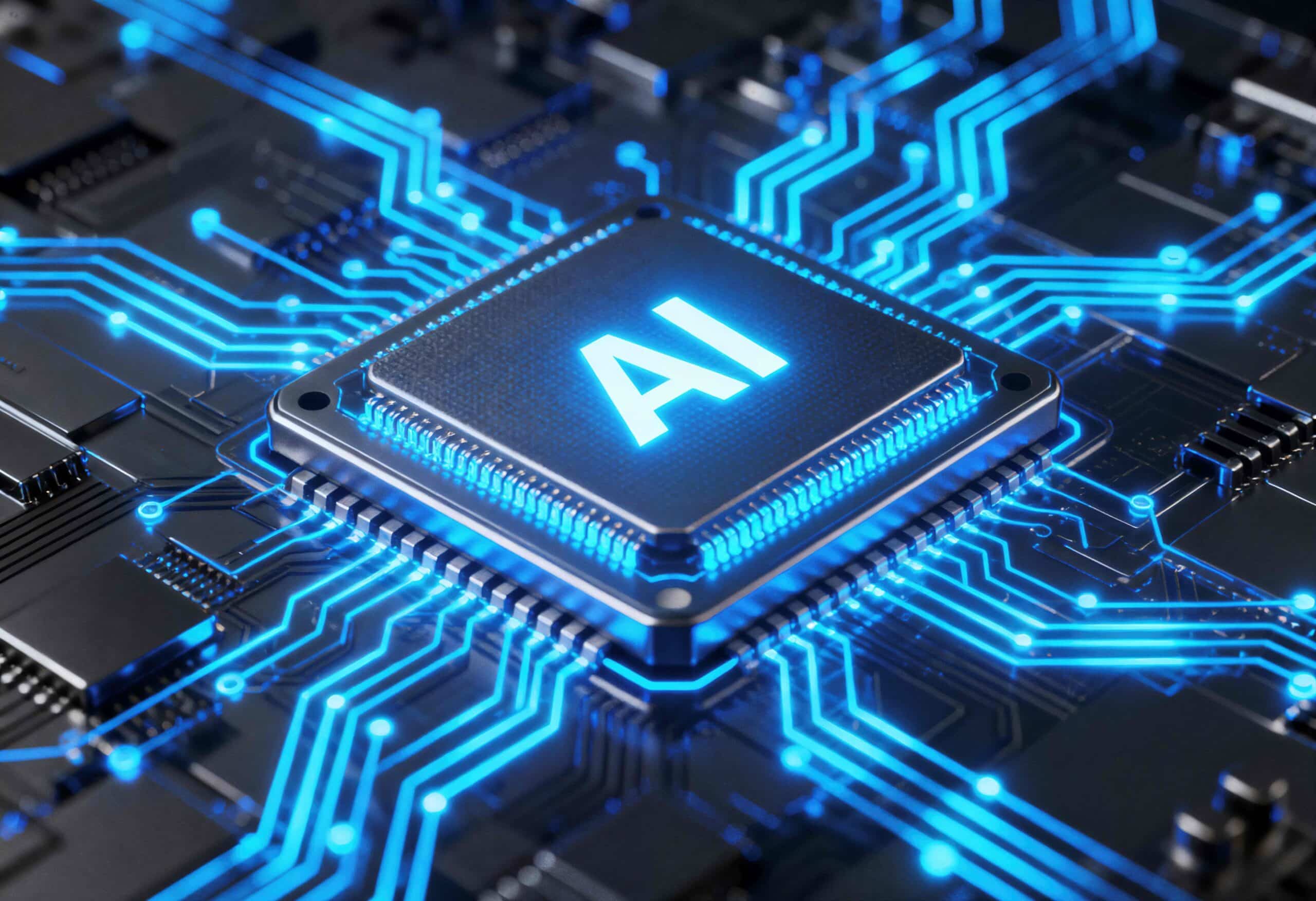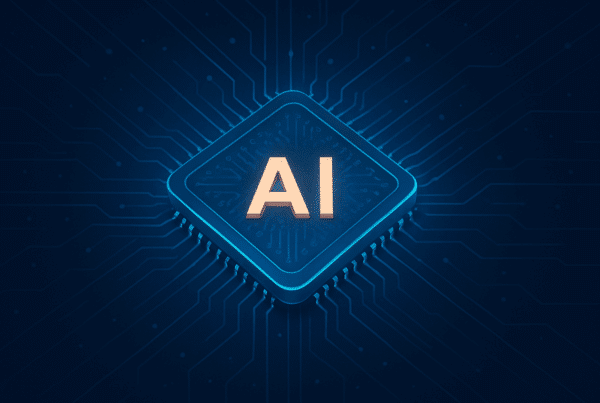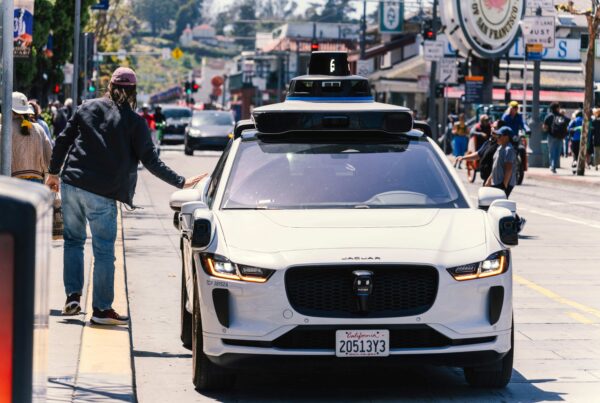The Quiet Revolution in AI Compute: Edge, Acceleration & Autonomy
AI accelerators: specialized hardware designed to run machine learning workloads efficiently are becoming foundational in high-growth markets such as industrial automation, robotic, and automotive. As sensor density and AI model complexity grow, traditional CPUs/GPUs are no longer enough to meet the demands for low latency, energy efficiency, and real-time processing.
Key Market Drivers
- Industrial Automation: Factories are transitioning from rigid automation to adaptive, perceptive systems powered by AI accelerators embedded in PLCs, machine vision, and robot controllers. This shift enables faster quality inspection, predictive maintenance, and reprogrammable robotics, all running at the edge.
- Robotics & Autonomy: Mobile robots, drones, and warehouse bots now require high-speed processing of multimodal data (vision, LiDAR, voice). Edge AI accelerators enable fast inference and autonomy, with modular chiplet architectures emerging as a key design trend for flexibility and performance.
- Automotive & ADAS: Vehicles are becoming real-time AI platforms. From driver assistance to full autonomy, accelerators must handle perception, path planning, and control all within strict safety, thermal, and power constraints. Recent innovations include automotive-grade chiplets and in-vehicle AI inference engines.
Emerging Trends
- Modular/Chiplet Architectures: Enable hardware customization and upgradeability across domains.
- Edge + Cloud Collaboration: Model training happens in the cloud; inference stays local, reducing latency and bandwidth.
- Developer Ecosystems: Accelerators with accessible SDKs, tools, and update paths will lead in adoption.
- Safety, Security & Regulation: Especially in automotive and robotics, hardware must support OTA updates, safety certifications, and data integrity.
Market Outlook
- The AI accelerator market is forecast to grow 25-30% CAGR across sectors, with massive upside in industrial robotics and edge AI applications.
- Long-term success will depend not only on raw performance, but also on flexibility, updatability, and system integration.
AI accelerators are no longer niche – they are strategic. Companies investing in scalable, secure, and modular AI compute will be positioned to lead in a world of autonomous machines, intelligent vehicles, and adaptive factories.
If you are looking to grow your team or looking for new opportunities in the AI Hardware space, feel free to reach out to Luca at luca@akkar.com








